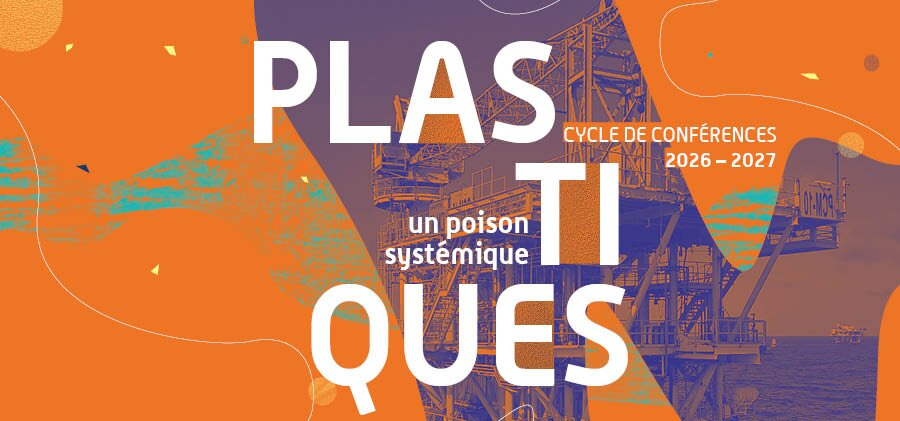Parcours d’intellectuels en exil : un humanisme sans frontières
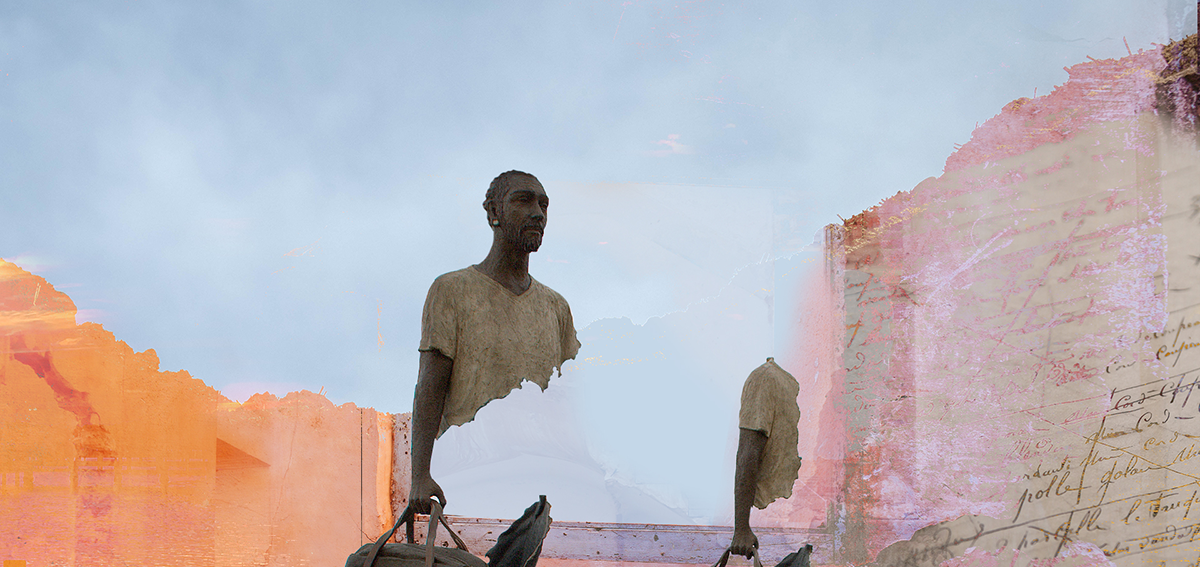
Exile has never spared intellectuals. In the twentieth century and up to the present day, it has even been one of the usual conditions for the intellectual life. But if it obstacles thought and creation, it also sometimes leads them to blossom elsewhere, or even to be nourished by this situation made up of losses and constraints.
The series of lectures "Intellectuals in Exile: Humanism without Borders" seeks to make visible the complexity of these intellectual trajectories and their importance both for the renewal of thought and for democracy.
Each conference is organized around an exiled intellectual, most often hosted at the FMSH or the EHESS. Together with the specialists invited to present them, these intellectuals represent a wide range of backgrounds, whether it be their country of origin, their preferred discipline, or the period and conditions of their exile.
This lecture series is the fruit of a collaboration that began more than ten years ago and is based on shared values such as support for democracy and human rights. It is organised by the Calouste Gulbenkian Foundation and the Fondation Maison des sciences de l’homme (FMSH) on the initiative of Álvaro Vasconcelos.
Tuesday, March 28 | Milan Kundera, a bridge between two Europes
- Speaker : Jacques Rupnik
- Respondant : Iryna Dmytrichina
Milan Kundera, one of the leading figures of the cultural revival in Czechoslovakia in the 1960s, left his country after the crushing of the Prague Spring and the introduction of censorship and repression known as "normalisation". In France, the country he chose as a land of exile and of which he became a citizen, he enjoyed literary success with novels written in Czech and then in French.
With his famous essay A Kidnapped West : The Tragedy of Central Europe (Un Occident kidnappé ou la tragédie de l'Europe centrale) published in 1983 (and republished in 2022), which had a huge impact, he contributed to overcoming the ideological-political boundaries of the time and to reshaping the mental map of Europe before 1989. The writer in exile as a bridge between two worlds.
→ Register
Tuesday, April 18 | French intellectuals in exile: the implications of hospitality
- Speaker : Joël Roman
- Respondant : Vassiliki-Piyi Christopoulou
During the 1939-1945 war, several French intellectuals paid with their lives for their commitment to the active Resistance (Jean Cavaillès, Marc Bloch, Victor Basch, Maurice Halbwachs, Jean Prévost), while others chose, voluntarily or not, exile. We can mention the names of Roger Caillois in Argentina, Raymond Aron and Simone Weil in Great Britain, or Jacques Maritain, Claude Lévi-Strauss, André Breton or Paul Vignaux in the United States, in New York. Although they all considered themselves to be hostile to Nazism and the occupation of France, they quickly diverged on the attitude to adopt towards the one who was gradually emerging as a figure capable of embodying Free France, that of General de Gaulle. We will question the significance of this experience of exile, which was for the most part temporary and did not lead, as it did for many German exiles, for example, to an adhesion to a new adopted homeland.
→ Register
Tuesday, May 30 | Celso Furtado: an academic exile
- Speaker : Rosa Freire d’Aguiar
- Respondant : Glauber Sezerino
Celso Furtado arrived in Paris in 1965, a few months after the military coup in Brazil. Deprived of his political and civic rights, forced to abandon his official functions as Minister of Planning and Director of the Nordeste Development Agency, he began a new life in Paris: that of a university professor. At the Sorbonne and other academic institutions such as IEDES, IHEAL and the Maison des Sciences de l'Homme, he devoted himself for twenty years to the training of hundreds of students from all over the world and to the writing of books on Brazil, Latin America, development and culture, which are the main themes of his work.
→ Register
Tuesday, June 13 | Exile: as liberation and reinvention of identity
One of the most important cultural and political themes of our time is the questioning of identity, on personal identity and also collective identity. Since modern times, China has begun a great transition towards its modernity, the scholars, representatives of the old civilization, have gradually transformed into intellectuals, actors of modernity. Enamelled with various stories of exile, an important part of this difficult process and a source of suffering. In a way, it was exile that freed scholars from their identity confinement and opened the door to the invention of a new individual and collective Chinese identity. Exile is always an act of distancing, distancing, annihilation, but it is also an event of enlargement, exchange, rebirth and reinvention, the history of human civilization shows us this well, modern China confirms this to us today.
- Speaker : Lun Zhang
- Respondant : pending
→ Register


OUR PARTNER

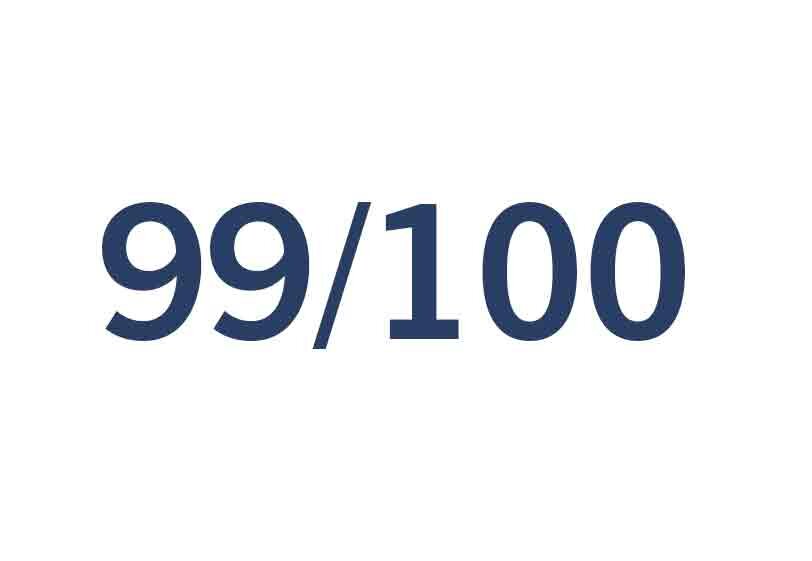
Index de l'égalité professionnelle 2025
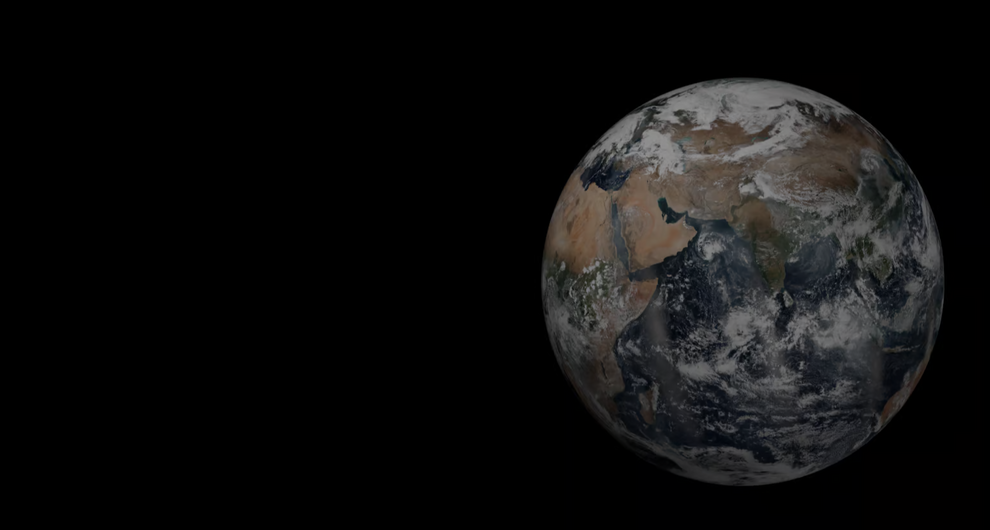
FMSH and the Social Science Research Council Lay the Foundation for International Cooperation
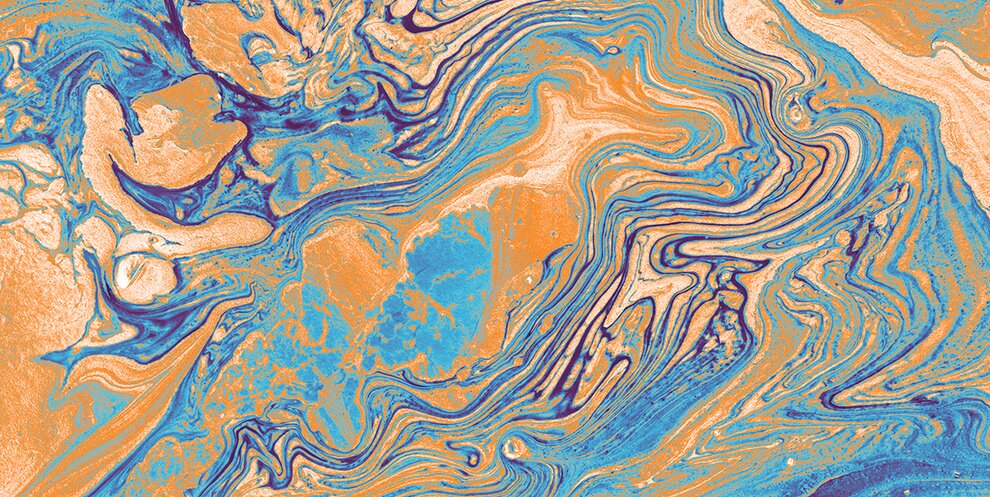
#Restitutions. Another Definition of the World
